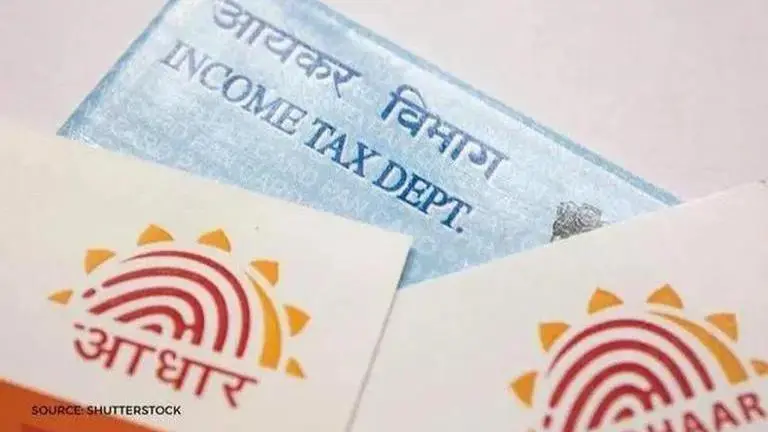Updated 6 April 2023 at 10:40 IST
IMF hails Aadhaar, says identity card helped reduce tax fraud, leakages & curb corruption
The IMF in its recent working paper lauded India's Digital Public Infrastructure (DPI) by calling it "world-class" and a "powerful lesson" for other countries.
- India News
- 2 min read

International Monetary Fund in its recent working paper lauded India's Digital Public Infrastructure (DPI) by calling it "world-class" and a "powerful lesson" for other countries. The IMF hailed the country's tax agency which played a prominent role in promoting the adoption of the DPI initiatives such as unique identification number for individuals, particularly Aadhaar.
In its working paper "Stacking up the Benefits Lessons from India's Digital Journey", the international lender stated that India recognised the need for the unique national identification of taxpayers and transactions and by 1976 the use of PAN was mandated for tax purposes. "Accompanied by a laminated identification card, PANs saw widespread use in other areas of public administration. This is reflected by the fact that far more PANs were issued than the number of active taxpayers under management at any one time," the papers read.
"Aadhaar formalised the reality that a national identification solution beyond the scope of tax administration was required," it added. The paper hailed Aadhaar saying that it incorporated the use of biometrics to reduce tax and financial fraud. It further stated that using private enrollment officers was instrumental in the speedy rollout of the identity card to over a billion people.
IMF lauds Aadhaar
The paper stated that India's core tax administration operations rely heavily on DPI initiatives, where Aadhaar is expected to revolutionise tax administration compliance activities by promoting the consistency of registers across public agencies.
Advertisement
The International Monetary Fund's working paper also lauded Aadhaar in helping to facilitate the transfer of social safety net payments directly from the government treasury accounts to beneficiaries’ bank accounts. It further added that the identity card is helping to reduce leakages, curb corruption and provide a tool to effectively reach households to increase coverage.
"The Government of India estimates that, up to March 2021, about 1.1 per cent of GDP in expenditure was saved due to the digital infrastructure and other governance reforms," the paper read. Praising India's digital infrastructure, it said, "Using this digital infrastructure India was able to quickly provide support to an impressive share of poor households during the pandemic. In the first months of the pandemic, about 87 per cent of poor households received at least one benefit."
Advertisement
Published By : Ajay Sharma
Published On: 6 April 2023 at 10:40 IST
